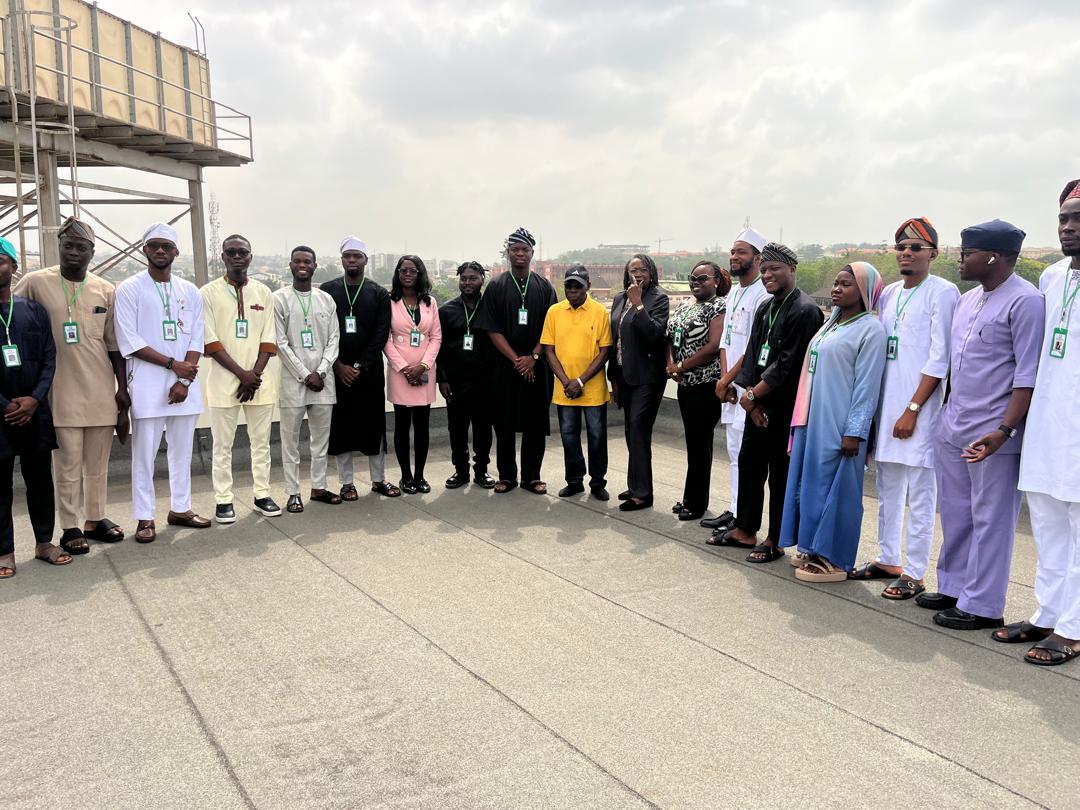The Wakanda chronicles

“Film and video production are shining examples of how cultural industries, as vehicles of identity, values, and meanings, can open the door to dialogue and understanding between peoples, as well as to economic growth and development,” says Kochiro Matsuura, a former director-general of the United Nations Educational Scientific and Cultural Organization (UNESCO).
The African film business is a source of income as well as entertainment. According to professionals in the film industry, Nigerian cinema is the most well-liked on the continent.
Africans all throughout the world and in Africa particularly enjoy Nollywood movies. They became more well-known during the early 1990s digital revolution, when camcorders took the place of 35mm film cameras and digital systems took the place of celluloid as a recording medium.
Nigeria continued to use inexpensive VHS cassettes and devices that were readily available to customers and were economical at the time, while other countries of the world made the transition to the new digital technology. Film technology eventually advanced as a result of the enormous demand for DVD-based films.
In their November 2012 report, World Travel Market organizers Reed Exhibitions and Euromonitor International predicted that the popularity of the Nigerian film industry, which they claimed would also draw domestic and regional tourism, would contribute to Africa’s projected 5.2% GDP growth rate in 2013, DailyTimeNGR gathered.
President Goodluck Jonathan alluded to Nollywood as “our shining light” while Nigeria was hosting the industry’s top brass in March, adding that “whenever I travel abroad, many of my colleagues ask me about Nollywood.” Making ensuring that this light continues to shine brightly in the future presents a difficulty.
A follow-up to the 2018 box office sensation “Black Panther 2,” Wakanda Forever is an American action superhero movie based on the Marvel Comics character.
The premiere of Wakanda took place in Nigeria over the weekend, and from the setup and other components of the premiere, it was obvious that the local film industry in Nigeria has not been given more consideration; the only difference is their use of technology. I am therefore asking the question: Are the actors from Wakanda more credible than Nigerian actors? Why the special treatment?
Why Nigeria? At the event, the film’s director, Ryan Coogler, who has won four NAACP Image Awards, four Black Reel Awards, and is nominated for an Academy Award for Best Picture, explained why the cast and crew chose to launch the continent’s celebrations in Nigeria before the movie’s release.
Does this imply that he is planning something with our Nigerian actors and actresses?
Most Nigerian banks pay lip service to the funding of the creative and cultural industry rather its used to entertain their egoistic and clout chasing CEOs who use various supposed platforms to settle friends and family much as afreximbank funding of shadowing projects of Steve Harvey and co and authentic African projects are put a wild goose chase, meanwhile real continental industry players only getting fringe support from western streaming platforms.
Most Africans who are succeeding are those who have invested in themselves and trained others to provide the best results. Jason Njoku is a good example of someone who found success in an extremely unusual way. He is Africa’s top distributor of Nigerian films and has made over $8 million since founding Iroko Partners in 2010.
Today financial institution that are meant to support the industries are distorting the development of the industries by hijacking events and projects that will further the personal interest.
He enthralled a crowd in Texas, United States, in December 2012 during a conference as he told the tale of his success following various failures in earlier business endeavors. In Lagos, London, and New York, Mr. Njoku currently employs 71 people.
He frequently brags that “these people are working for us in a country with 50% unemployment.” He was just named one of the top 10 young African millionaires to watch by the American business magazine Forbes.
Let’s examine the success of the Nigerian music industry, which has grown steadily over the years to become the second best-performing consumer market for entertainment.
Major international record labels have made a comeback in the music business, investing in the talent pool to benefit from the boom of Afrobeats, one of the fastest-growing genres globally.
Nigeria’s distinctive status as the center of Afrobeats has made it possible for it to draw investment from record labels, publishing organizations, music streaming services, and even financial firms hoping to profit from the boom.
The music business has been able to expand and set the pace as Nigeria’s principal cultural currency via which it is influencing the world, despite little to no backing from the Nigerian government.
READ ALSO: Google, Design Indaba partner to showcase.
The film industry in Nigeria is one of the largest employment sectors, on the other hand these banks are hijacking intellectual properties and events they pretended to be only sponsors.
All the BOI that was approved in a bid to support the entertainment industry in 2010, by Former President Goodluck Ebele Jonathan at the 30th Anniversary of Silverbird Group announced a $200million donation to support Nollywood.
The sum was to be distributed to the players in the sector in form of loans, and it was to be administered by the Nigerian Import and Export Bank (NEXIM Bank) and the Bank of Industry (BOI).
This said money released the impact hasn’t still been felt in the African film industry.
What effect will this premiere have on Nigeria or what will the Marvel Cinematic Universe have on the local film industry? Are they planning a partnership or an institution to nurture untapped talent in Nigeria or Africa as a whole?
It’s past time to provide Nigerian industries with the backing they need to compete with international peers.
It is important that Nigerians ask these questions and regulate these excesses.
The imperialism and exploitation continue, headed by some banking and financial industries.









